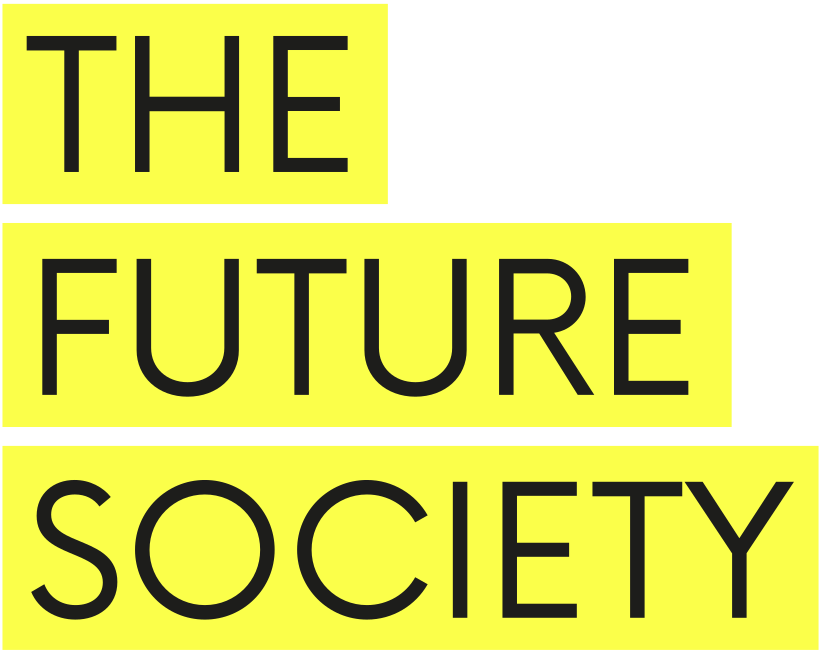Main Insight
TFS members contributed an article to the Safety and Global Governance of Generative Al Report, proposing ten principles for institutional design in AI governance.
Contribution to Safety and Global Governance of Generative Al Report
February 29, 2024
TFS contributed an article to the Safety and Global Governance of Generative Al Report, published in January 2024 by the Standing Technical Committee on Engineering for Innovative Technologies (CEIT) of the World Federation of Engineering Organizations (WFEO) and the Shenzhen Association for Science and Technology. The report compiles broad expert views and facilitates nuanced discussions about the field’s rapid advancements and the accompanying array of potential challenges and opportunities.
TFS’s contribution presents ten principles for “institutional design” in AI governance. In this context, we interpret “institution” liberally, referring to the formal or informal mechanisms governing the behavior of some individuals—this could be an organization, a movement, a piece of legislation, or a policy, for example. We believe that institutions designed in adherence to these principles will be better equipped to reduce the risks and equitably distribute the benefits of advanced AI systems. Concisely, these principles are:
- Target intrinsic, broad, and unpredictable risks
- Promote trustworthiness-by-design
- Take back control by empowering regulators and involving independent evaluators
- Regulate in a tech- and channel-neutral manner
- Enhance targeted liability and accountability
- Aim for structural, systemic solutions
- Require empirical evidence
- Build capacity in the public sector
- Develop adaptable, resilient governance mechanisms
- Strive for global regulatory interoperability
Image generated by Midjourney.




